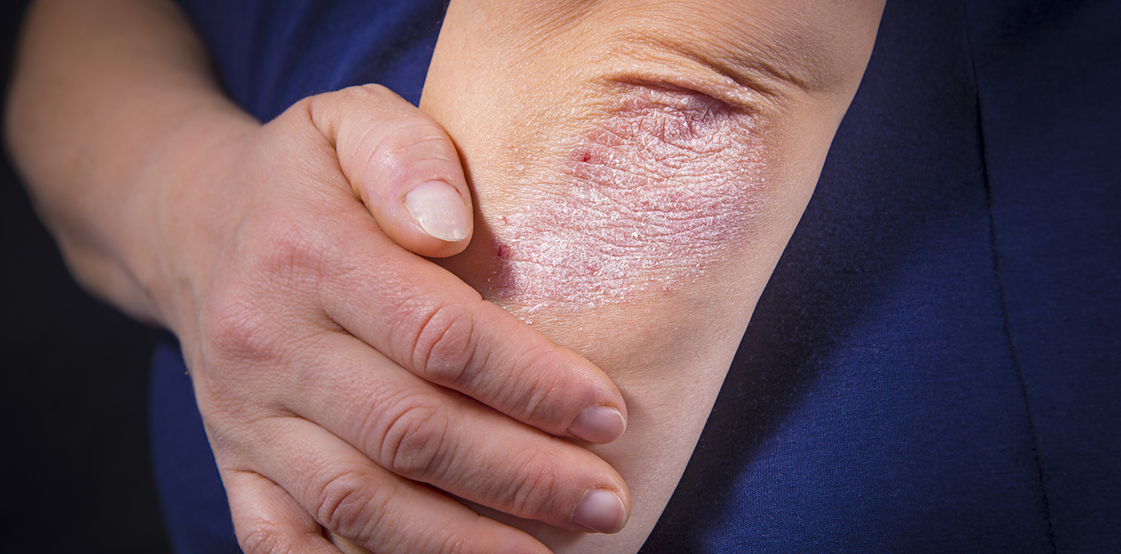Patients with psoriasis have a higher risk of cancers, particularly keratinocyte cancer and lymphomas, except if they are taking biologic medications
Patients with psoriasis have a higher risk of cancers, particularly keratinocyte cancer and lymphomas, except if they are taking biologic medications.
Dr Sofie Vaengebjerg, of the University of Copenhagen, and colleagues conducted a systematic review and meta-analysis of more than 100 studies, which included two million patients.
The link between psoriasis and cancer has been controversial, with some studies showing that patients with the chronic condition have an overall increased risk of cancer. However, many cancer risk factors, such as smoking and drinking, are also associated with the inflammatory disease.
Since the last meta-analysis in 2013, which found links to lymphomas, keratinocyte cancers (mainly BCC and SCCs) and some solid cancers, more large studies have been published. Biologics are used more frequently now too, and Dr Vaengebjerg and her colleagues decided to better identify the risk of different cancers and the impact of biologics.
Their analysis found that the overall risk of any cancer was 21% higher in psoriasis patients compared with controls, with a prevalence of 4.78% and an incidence rate of 11.75 per 1000 person-years.
The most common cancer among these patients was keratinocyte cancer, which was almost twice as likely in psoriasis patients as it was in the control group. The risk of lymphomas was 56% higher among psoriasis patients, 26% higher for lung cancer and 12% higher for bladder cancer.
The study echoed findings from the 2013 meta-analysis. “Given that our results align with those of the older analysis, the notion of an association is supported,” Dr Vaengebjerg wrote.
Dr Vaengebjerg and her colleagues found no increased risk of cancer among patients treated with biologics.
“However, patients receiving biologic agents are selected and the results might be reliant on selection bias, and studies investigating long-term safety of these drugs are still limited,” she wrote.
Patients with psoriatic arthritis had no increased risk of cancer either, they found.
Because the increased risk of cancer in patients with psoriasis remained even after accounting for lifestyle factors, there must be other explanations, Dr Vaengebjerg said.
“Clinicians treating patients with psoriasis should be aware of this increased risk, especially for lymphomas, as immunogenic treatment might be associated with exacerbations,” she concluded.
JAMA Dermatology, February 19 doi:10.1001/jamadermatol.2020.0024


